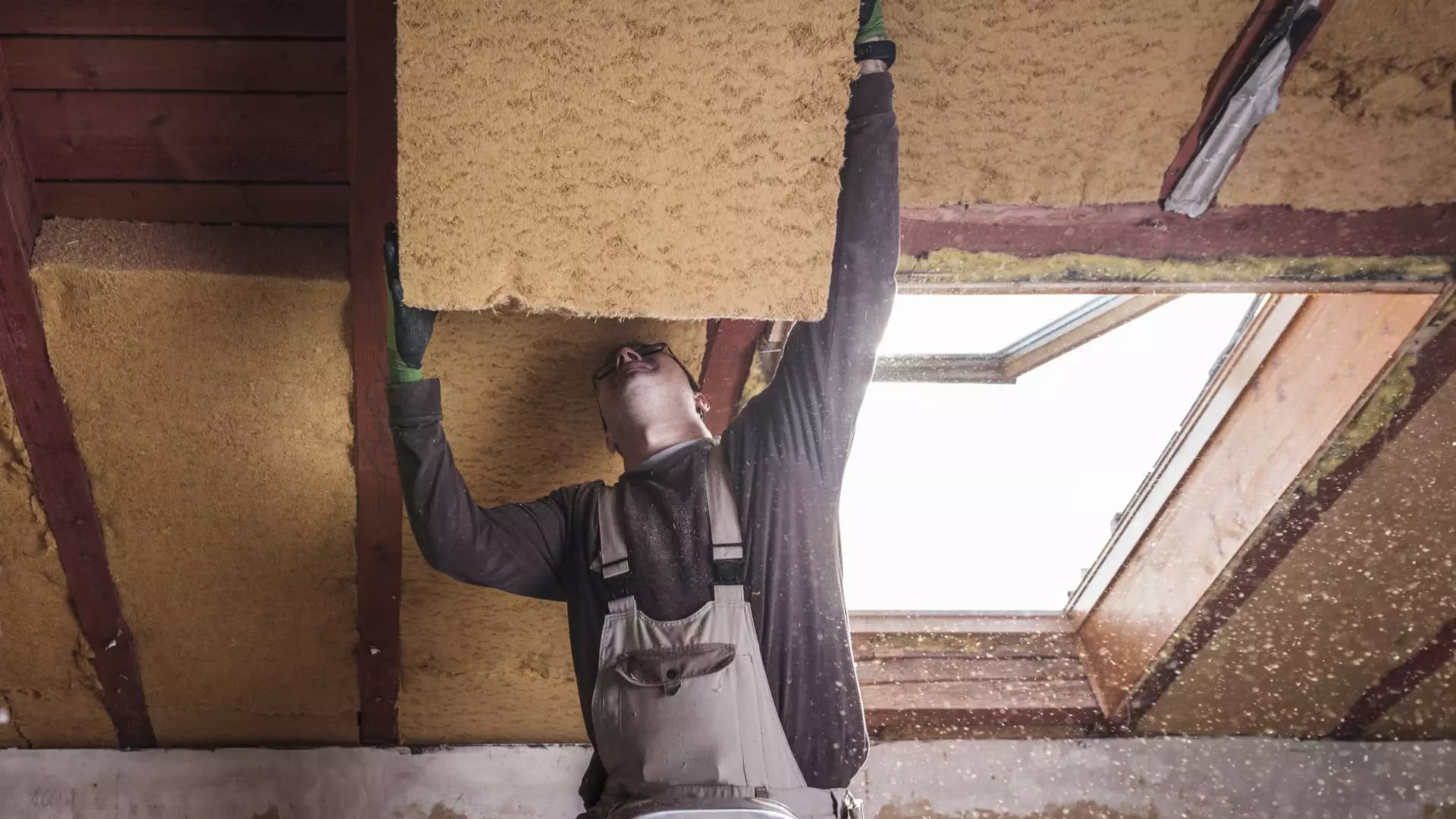The tumultuous environment surrounding federal funding for home energy rebate programs has thrust states into a realm of uncertainty, primarily due to conflicting administrative policies. The Biden-era initiatives established under the Inflation Reduction Act (IRA) aimed to allocate substantial federal funds to bolster energy efficiency in homes. However, a freeze imposed by the Trump administration has hindered the rollout of these programs at state levels and left many consumers awaiting much-needed benefits.
The Inflation Reduction Act, passed in 2022, was constructed with optimism in mind, authorizing $8.8 billion in federal funding intended to assist consumers through home energy rebate initiatives. These initiatives were designed to provide financial relief by subsidizing the costs associated with home upgrades aimed at improving energy efficiency. However, the implementation of these programs has been severely curtailed by a federal funding freeze initiated by the Trump administration in January, which has resulted in several states delaying or pausing their rebate programs.
Arizona, Colorado, Georgia, and Rhode Island have notably cited the Trump administration’s policies as a primary reason for halting their programs. This situation has become particularly pressing during the winter months, when energy costs can greatly impact consumers. Ari Rosenblum, representing the Colorado Energy Office, remarked on the frustrating situation, highlighting the significant obstacles faced by Coloradans eager to benefit from the Home Energy Rebates.
The political landscape surrounding energy efficiency funding has become increasingly complex. The Trump administration’s freeze on funds ostensibly targeted initiatives associated with green energy and climate action, positioning them as inconsistent with its policy focus. While a federal judge has issued orders that challenge this freeze, reports suggest that various agencies have continued to withhold funding, potentially disregarding court rulings.
As it stands, the fate of this funding freeze is clouded, with consumers feeling the impact of this ongoing standoff. Each delay in fund disbursement translates into missed opportunities for consumers looking to retrofit their homes or upgrade to energy-efficient appliances—both measures that are not only financially beneficial in the long run but also critical for reducing carbon emissions.
While states such as Arizona and Colorado have opted to pause their programs, the reactions vary significantly across the country. For instance, Maine appears to be maintaining its forward momentum despite the overarching uncertainties, offering a glimmer of hope for those eligible for rebates in that region. The disparity in responses underscores the fragmented nature of state-level initiatives influenced by federal policies.
Moreover, other states like Georgia have launched pilot programs and are in the process of reevaluating their timelines in light of federal communications. Georgia’s example highlights the precarious position many states find themselves in: eager to pursue energy efficiency enhancements while simultaneously relying upon the ebb and flow of federal directives.
The legal battles prompted by the freeze are emblematic of the larger struggle between state objectives related to energy efficiency and federal governance. A coalition of Democratic attorneys general from 22 states and the District of Columbia have stepped forward to challenge the freeze, contending that it unlawfully inhibits state programs aimed at climate sustainability and energy efficiency.
Optimism for the release of rebate funds persists amongst certain stakeholders, with David Terry, president of the National Association of State Energy Officials, expressing confidence that state programs will prevail in the long run. This sentiment underscores a collective hope for alignment between federal funding policies and the pressing need for energy efficiency initiatives amid ongoing climate pressures.
As we navigate through this politically charged landscape, the ongoing funding freeze serves to illustrate the need for a definitive resolution. Consumers deserve clarity and access to the rebate programs that aim to ease their financial burdens while contributing positively to environmental sustainability. The intersection of state policies and federal directives continues to shape not only the immediate landscape of energy efficiency funding but also the broader conversation surrounding climate strategy and action.
The fate of home energy rebate programs hangs in a delicate balance, caught between the pendulum of political maneuvering and legal interpretation. As the landscape continues to evolve, stakeholders at every level must remain vigilant and collaborative to ensure that progress toward energy efficiency does not falter in the face of bureaucratic inertia. With renewed attention to bipartisan support for green initiatives, there remains hope for a future where consumers can benefit from the intended financial assistance that the Inflation Reduction Act promised.

